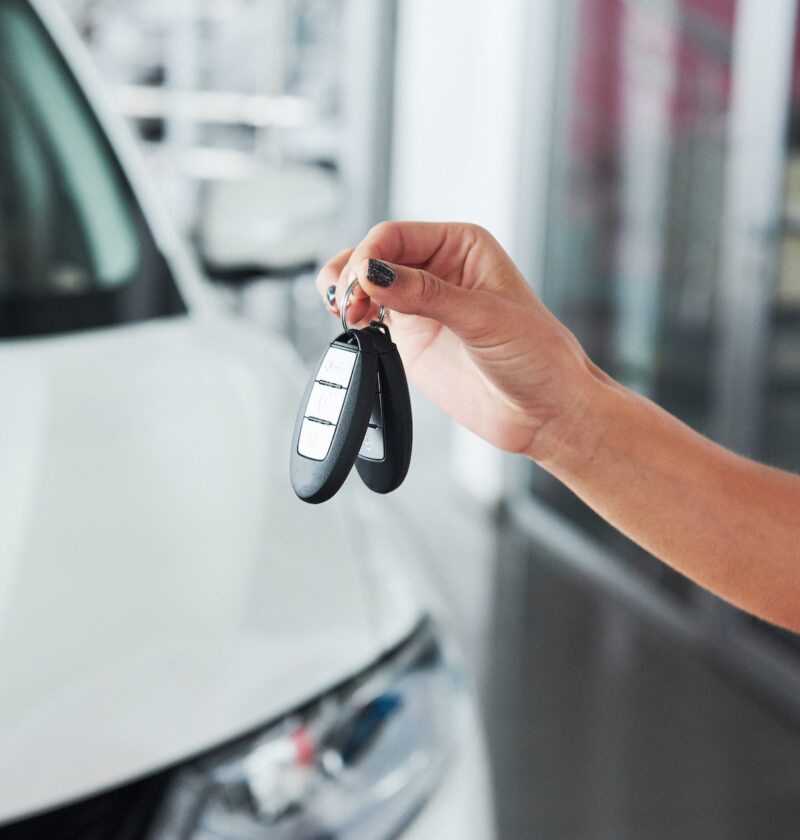When it comes to our vehicles, security should be a top priority. Your car is not just a means of transportation; it’s an investment that requires protection from theft, vandalism, and other security threats. Fortunately, there are a plethora of advanced security measures available to modern car owners.
In this comprehensive guide, we’ll delve into the essential strategies and technologies that can help you fortify your vehicle’s security and give you peace of mind.
Key management practices
Your car keys are the gateway to your vehicle’s security. Be cautious about where you store your keys and who has access to them. Avoid leaving spare keys in easily accessible areas such as under the doormat or in the glove compartment. Consider investing in a key organizer to keep your keys safe and organized.
Advanced locking systems
Modern cars come equipped with advanced locking systems that go beyond the traditional key and lock mechanism. Keyless entry systems, for instance, offer convenience and security.
They utilize encrypted codes to unlock and start your car, making it extremely difficult for thieves to replicate. Smart locks allow you to control your car’s locks remotely through a smartphone app, giving you the ability to lock or unlock your vehicle from anywhere.
Vehicle tracking technology
In the unfortunate event that your car is stolen, vehicle tracking technology can be a game-changer. GPS tracking devices installed in your car can help you locate your vehicle in real time. Some advanced systems even allow you to immobilize the engine remotely, making it impossible for the thief to drive away.
Steering wheel locks
Steering wheel locks are a simple yet effective deterrent against theft. These visible devices prevent the steering wheel from turning, making it nearly impossible for a thief to steer the car even if they manage to start the engine. Steering wheel locks send a clear message to potential thieves that your car is well-protected.
Immobilizers and kill switches
Immobilizers and kill switches are hidden security features that add an extra layer of protection to your vehicle. An immobilizer prevents the engine from starting without the correct authorization, which is usually in the form of a specific key or code. Kill switches, on the other hand, allow you to disable the ignition or fuel system, rendering the car immobile.
Alarms and notifications
Car alarms have come a long way from the simple sirens of the past. Modern car alarms are equipped with sophisticated sensors that can detect unauthorized entry, movement, and even impacts. Many alarms are linked to smartphone apps, allowing you to receive real-time notifications if your alarm is triggered.
These notifications can give you the opportunity to take action quickly, whether it’s contacting authorities or checking the situation remotely through security cameras.
Secure parking strategies
Where you park your car can significantly impact its security. Whenever possible, choose well-lit and busy areas for parking. Parking under security cameras and close to entrances can deter potential thieves who prefer to work in dark and hidden corners. Additionally, consider using parking garages or lots with attendants, as these areas often have a higher level of security.
Window security and tinting
One of the most important things you can do to protect your car from break-ins is to secure its windows. That’s where window security films and tinted windows come in. Not only do they provide a safety barrier against theft, but they also add an extra layer of privacy, which can deter potential criminals from eyeing your vehicle as a target.
If you’re looking to get your car’s windows tinted or security films installed, look no further than the tint shop in West Valley City. They’ll keep your car safe and give you peace of mind while you’re on the go.
Cybersecurity awareness
With the rise of connected cars, cybersecurity has become a concern. Hackers can potentially gain access to your vehicle’s systems through vulnerabilities in its software. Keep your car’s software up to date by regularly checking for updates from the manufacturer.
Be cautious about connecting your car to unsecured Wi-Fi networks, and consider using a virtual private network (VPN) for added protection.
Regular maintenance and inspections
Regular maintenance plays a crucial role in keeping your car’s security features in optimal condition. Ensure that locks, alarms, and tracking systems are functioning correctly during routine inspections. Replace batteries in key fobs and alarms as needed to avoid unexpected failures.
Conclusion
Securing your car goes beyond locking the doors—it’s about utilizing the latest technologies and adopting smart practices to safeguard your investment. By following the strategies outlined in this guide, you can significantly reduce the risk of theft, vandalism, and unauthorized access to your vehicle.
Remember that proactive measures and staying informed about advancements in car security will help you stay one step ahead of potential threats and enjoy peace of mind every time you hit the road.







